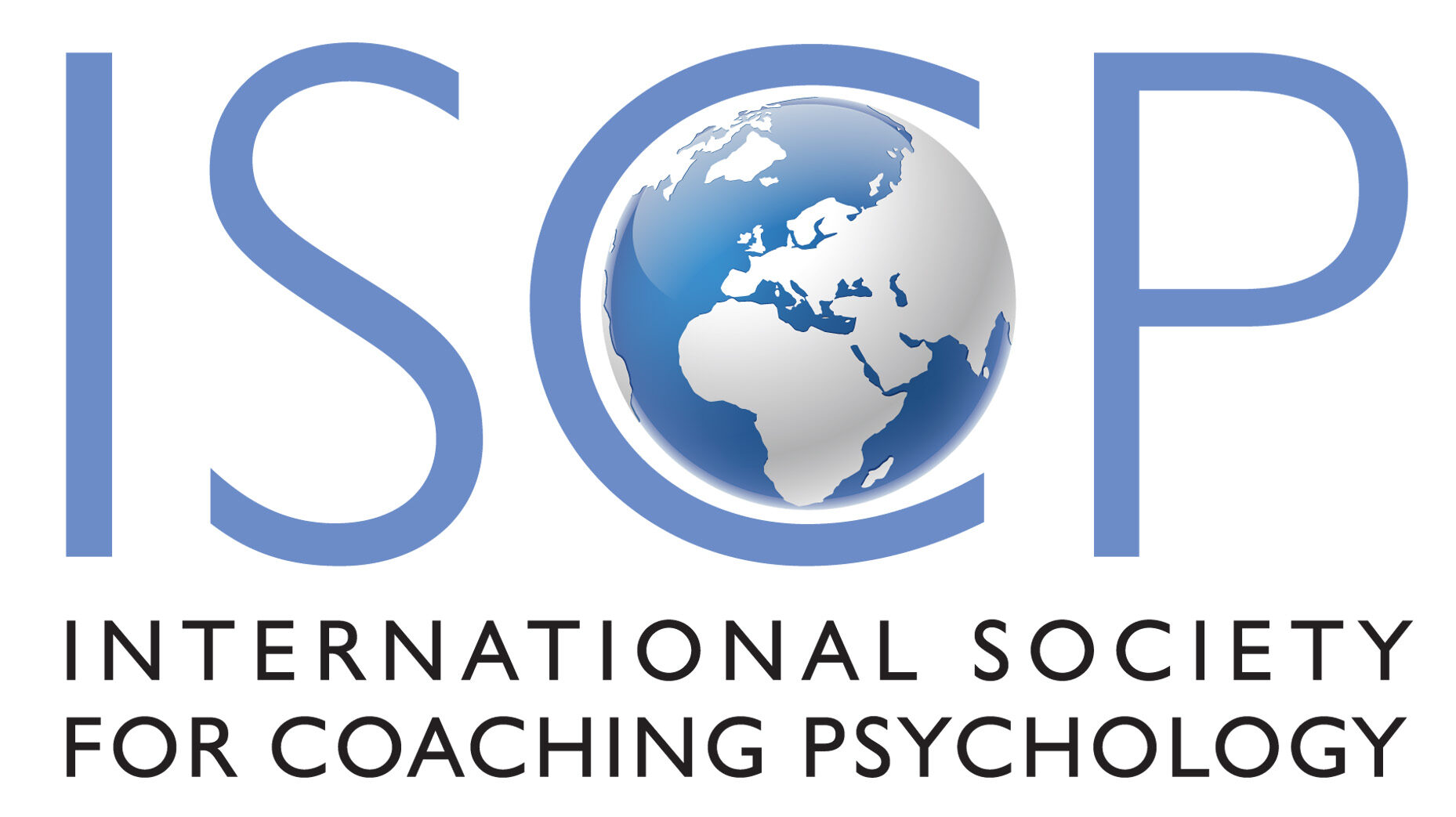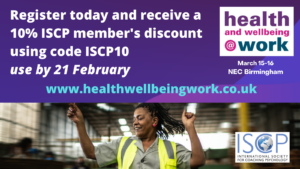Health & Wellbeing at Work, 2022 held on 15-16th March
Coaching and Coaching Psychology Stream, 15th March
Incorporating coaching into your daily practice can radically transform your organisation’s culture and overall performance. Used effectively, it can build employee resilience, support psychological and physical health, encourage self-help and change attitudes and behaviour. Join us at Health and Wellbeing at Work, 15-16 March and discover how you can use innovative coaching techniques to change the way you and your employees work for the better.
Tackling Racism Through Coaching
Gigi Khonyongwa-Fernandez promises to spark change with her discussion around utilising coaching concepts, sprinkled with live experiences to explore racism through a coaching lens. There will be plenty of strategies and tools to take away that will help tackle the complex structure of racism in a way that promotes compassionate, joyful and meaningful change, both personally and within organisations.
Tackling Racism through Coaching
Tuesday 15 March @ 2.00pm
Positive Psychology, Coaching and Lifestyle Medicine
Professor of Coaching and Positive Psychology Christian van Nieuwerburgh looks at the benefits of integrating coaching, positive psychology and lifestyle medicine to support workforce wellbeing. This non-prescriptive, research-based approach is designed to be engaging, respectful and effective and can be used by coaches, health and HR professionals.
Integrating Coaching, Positive Psychology and Lifestyle Medicine to Enhance Wellbeing
Tuesday 15 March @ 9.15am
Managing Uncertainty and Change with ACT
Today’s world is full of uncertainty and change and the ability to maintain resilience and manage complexity has become a vital component of our working lives. ISCP’s Dr Rachel Skews draws on acceptance and commitment theory (ACT) to demonstrate how self-care and acceptance can buffer the negative impact of uncertainty and change for both our clients and ourselves as practitioners. She provides some innovative techniques and strategies that will enhance both wellbeing and resilience.
Performance and Self-Care
Tuesday 15 March @ 3.45pm
Integrating Improvisation into Coaching
What does it take to be fully present, in an environment of psychological safety, adapting spontaneously, yet drawing on a wealth of experience? And how can we create those conditions and develop those skills? Leadership and team development coach Julie Flower explores both the conceptual and practical connections between improvisation and coaching. Sharing exciting new research on the psychology and potential of improvised comedy techniques in coach development, she will take delegates through some simple exercises and practical take-aways that will add value to your coaching.
How to Integrate Improvisation into Coaching
Tuesday 15 March @ 9.15am
Walking Coaching is All the Rage
Why is it so important to consider walking coaching for wellbeing at work? University of Cork’s Dr Zelda Di Blasi and Julie McCall present some of the evidence for the benefits of walking coaching outdoors as well as looking at the latest guidance on how to integrate and conduct walking coaching sessions as part of your repertoire.
Walking Coaching for Wellbeing
Tuesday 15 March @ 3.45pm
See the full programme and register at www.healthwellbeingwork.co.uk
180 speakers. 18 conference programmes. Over 100 exhibitors. 16 successful years!
Other coaching sessions held on Day 2 (16 March, 2022)
Learning From Elite Sport
Leadership and Mental Toughness Coach Matt Messias provides some valuable leadership lessons from the world of elite sport to demonstrate how culture precedes performance. As a former professional FIFA/Premier League referee and successful Headteacher, he uses his experience to explore the roles that psychological safety, high accountability and workforce ‘wellbeing prioritisation’ can have on creating a high-performance culture.
Culture Precedes Performance. Mental Preparation and Resilience Lessons From Elite Sport
Wednesday 16 March @ 9.15am
Minimising the Risk of Burnout
It has been a tough couple of years and now, more than ever, we need to figure out ways to manage the risk of burnout and become more resilient, both in our professional and personal lives. Coaching and Clinical Psychologist Dr Michael Drayton discusses the four factors that contribute to personal resilience and what practical steps we can take to ensure our staff feel more resilient as we recover emotionally, physically and financially.
How to Minimise the Risk of Burnout in Yourself and Your Organisation
Wednesday 16 March @ 11.00am
Opening Up Climate Change Conversations
Many people avoid climate conversations at work so as not to spark conflict, but this collective silence means it is harder to create a shared sense of how workers can contribute to an organisation’s sustainability strategy, reinforcing feelings of isolation and helplessness that regularly feature in climate anxiety. Climate psychologist and coach Rebecca Nestor explains why it is so difficult to start conversations around climate change, offering some useful tools for talking with others in ways that create human connection, empathy and the possibility of real change.
How to Start and Open Up Conversations About Climate Change in the Workplace
Wednesday 16 March @ 11.15am


